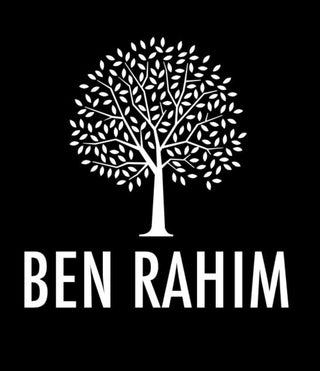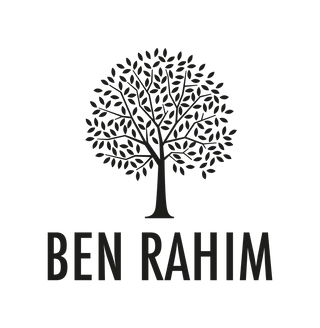


The Ramadan is our decaf coffee. A great cup to enjoy after dinner. It is sweet, round and it has a long pleasant aftertaste. It tastes good with or without milk. Brew it as espresso or filter and discover how yummy a decaf coffee can be.

Mild almond and fresh fruit flavors with good acidity and mellow sweetness.


The Ramadan is our decaf coffee. A great cup to enjoy after dinner. It is sweet, round and it has a long pleasant aftertaste. It tastes good with or without milk. Brew it as espresso or filter and discover how yummy a decaf coffee can be.

Mild almond and fresh fruit flavors with good acidity and mellow sweetness.

Oaxaca, Mexico
We’re all familiar with Oaxaca as one of Mexico’s most storied coffee-growing regions, but the work being done within the Pluma Hidalgo sub-region—home to its own variety, Pluma—has shifted in recent years to represent the best of true craft coffee farming.

Variety: Pluma
The longtime province of large estate farmers, Pluma farming has recently shifted primarily into the hands of smallholders who provide the care and attention these plants have needed, out of sheer necessity of their own farms’ survival. With their perseverance has come great reward: beautiful, high-grown coffees with dynamic and captivating flavor profiles.
This single origin Pluma variety selection from several small farmers in Pluma Hidalgo’s Santa Cruz Ozolotepec is a true celebration of this beautiful heirloom variety, and we hope you’ll enjoy it as much as we do!

Decaf
Before decaffeination, the green coffee is rehydrated to prepare for the target moisture level that is ideal for caffeine removal. This step also removes dirt, dust, and silverskin.
GCE is continuously circulated around the green coffee for a period of 8-10 hours, until there is no more than 0.1% of caffeine remaining in the green coffee. Caffeine is removed from the GCE through a proprietary carbon filter system, and the carbon is sent for regeneration to remove the caffeine, so that it can be reused.
During decaffeination, our GCE is constantly being refreshed and renewed. We also continuously monitor the health of our GCE to ensure it can continue to operate at its best. This way, we don’t need to create a new batch of GCE for every new batch of green coffee.



